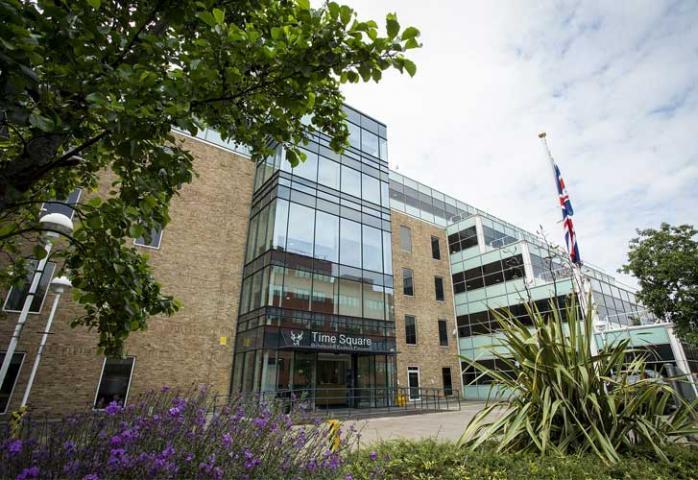Bracknell Forest Council has responded to a call for it to scrap its net-zero climate change policies to save costs.
Reports on the council’s financial position have been conducted in recent weeks as part of the regular monitoring of finances.
While the council has reported a £742,000 underspend compared with its approved budget for 2024/25, financial officers predict it could lose £18.75 million of government funding in the next three years.
This prediction is based on how much the council would get in funding from the Labour government’s Fairer Funding Review 2.0, which is set to determine how much each council gets in 2026/27.
John Edwards, a Sandhurst Town councillor, has suggested that the council cut down on net-zero carbon emissions policies to save money.
He referenced the conversion of part of the council’s parks and countryside fleet from diesel to Hydrotreated Vegetable Oil (HVO) biofuel.
Cllr Edwards claimed that HVO biofuel costs more than diesel but produces fewer emissions.
HVO costs 10-15 per cent more than diesel, according to fuel provider Prema.
The council has two HVO vehicles as part of its countryside fleet and is trialling an HVO waste truck.
The Local Democracy Reporting Service asked the council whether it would consider a change in policies to save taxpayer money.
Councillor Kathryn Neil (Labour, Binfield South & Jennett’s Park), cabinet member for finance and corporate improvement, said: “We ask the public for comments on the council’s draft budget each year from mid-December for six weeks.
“Anyone who has feedback and thoughts on the specific proposals or how money is allocated, or can be saved, is invited to have their say through the official channels, either through the consultation form or by visiting an in-person drop-in session.
“Town councillors and members of the public are also welcome to speak to their local borough councillor at any point in the year about any issue they’d like to raise, including the budget.
“Bracknell Forest Council is not unique in experiencing budget pressures. The funding gap we are facing is due to many years of chronic underfunding for local authorities, as well as a proposed change to how councils will be funded in future.
“To bridge the predicted £18.75m gap, service budgets will have to be reduced by at least 10 per cent over the next three years.
“It is too early in the process to say what that means in practical terms.
“However, as democratically elected representatives, it will be up to councillors to make the decision as to what is reduced and by how much, in consultation with the public.”
Tackling climate change was identified as a key priority in the Council Plan for 2023-2027 devised by the Labour administration.
The council has presided over a reduction of carbon emissions from 3,218 tonnes of CO2e in 2023 to 2,989 tonnes of CO2e in 2024, a reduction of 229 tonnes.














































